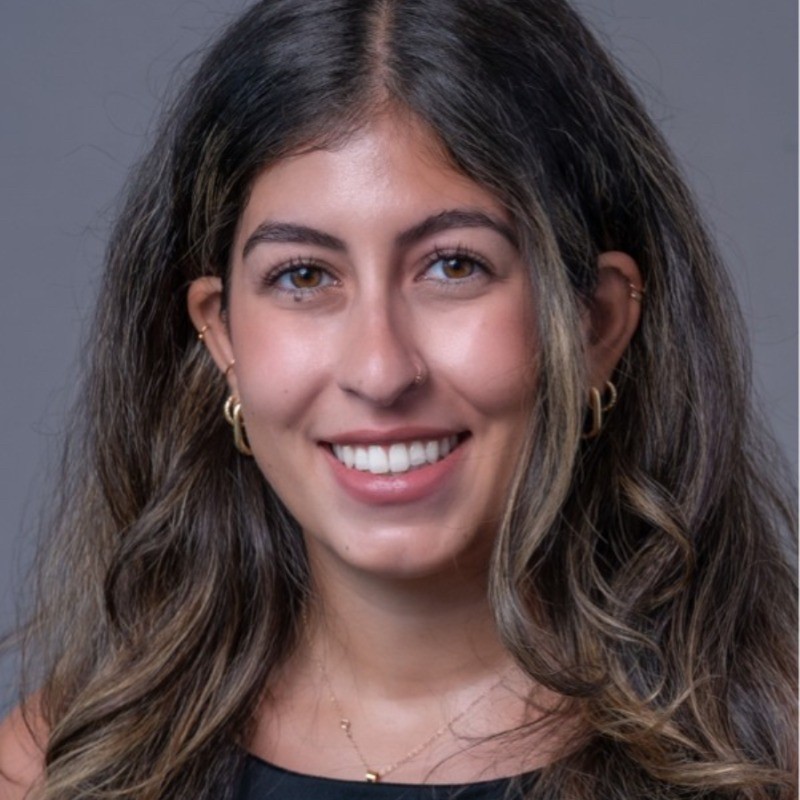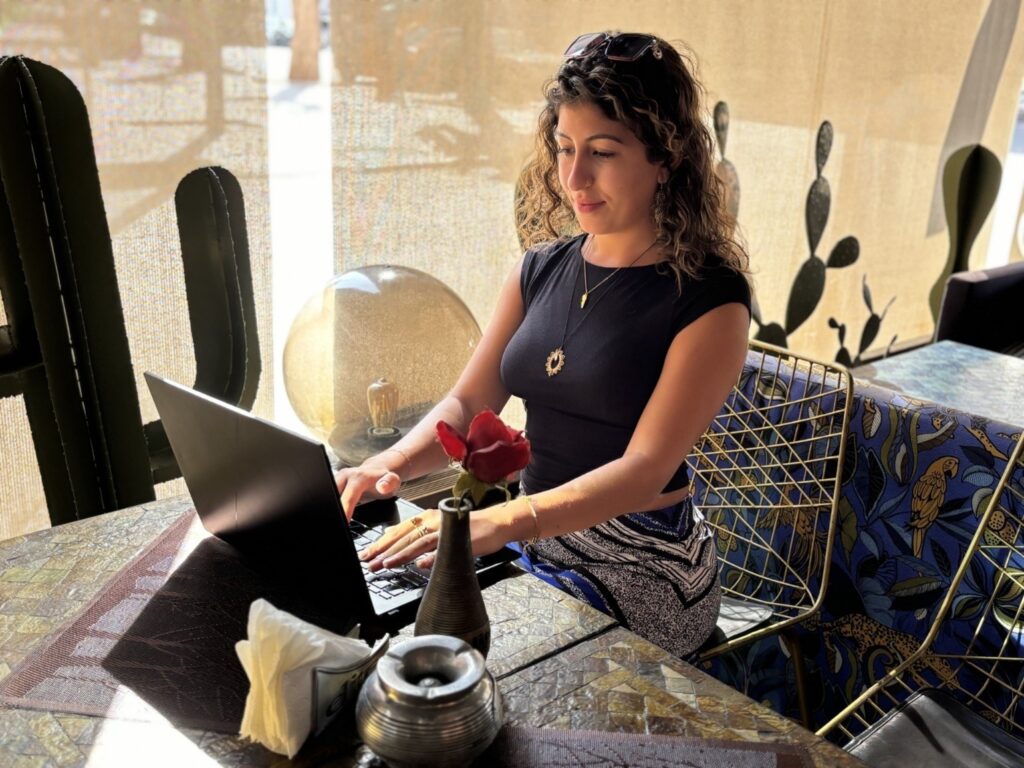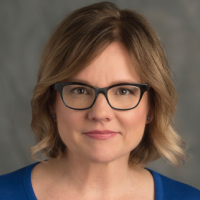
Isabelle Haddad Selected as Code Council’s First Climate Corps Fellow
As part of an ongoing commitment to identifying and then working to address challenges in the built environment, the International Code Council is proud to participate with the Climate Corps.
As part of an ongoing commitment to identifying and then working to address challenges in the built environment, the International Code Council is proud to participate with the Climate Corps. As part of this initiative, the Code Council will join global industry leaders to host a Fellow focused on addressing complex social and environmental challenges.
The Climate Corps program matches graduate students with industry leaders to develop recommendations and develop tool and resources that support organizational goals. Climate Corps Fellows will gain experience by working directly in the fields of sustainability, renewable energy and environmental justice.
Since the Climate Corps program’s inception in 2008, over 1700 Fellows worked with over 650 companies in the U.S., China and India to create a network of over 300 climate practitioners and leaders.
The Code Council’s 2024 Fellow is Isabelle Haddad, who is slated to graduate from the University of California, Merced, with an environmental systems Ph.D. in 2026.

From the East Coast to the West Coast, Fellow Bolsters Climate Change Research
A native of upstate New York, Haddad received her bachelor’s degree in environmental science from the State University of New York College of Environmental Science and Forestry.
Previously, Haddad helped with sustainability efforts in Rochester, New York and Monroe County to develop the area’s first internal climate action plan. While on the East Coast, she was an industrial waste assistant who amplified the county’s stormwater education programs and contributed to the household hazardous waste and pretreatment programs. Haddad also researched sustainability strategies to incorporate into county protocols, plus documented Climate Smart Communities Certifications and Clean Energy Communities Program.
Haddad’s parents immigrated from Lebanon in the 1980s. Her dad works at Xerox, her mom teaches math at Monroe Community College and her younger sister is pursuing her J.D. at New York Law School.
“They are my biggest supporters and always pushing me to reach my goals,” she said.
Road Map Development for Tribal Building Codes
During her 11-week fellowship with the Code Council, Haddad plans to develop a comprehensive road map and white paper focused on supporting Tribal Nations across the United States in effectively adopting and administering building codes with a specific focus on safety, resilience and energy efficiency.
She has already met with various Tribal stakeholders on housing and grants and has gathered information on building code adoption within the Tribes.
“I hope to provide the Code Council with a foundation and a framework to continue facilitating Tribal building code adoption,” Haddad said. “I will provide resources that outline the benefits of building codes plus best practices and success stories.”

She has worked with the Native American Contractors Association (NACA) which provides leadership for Tribal-owned businesses, Native Hawaiian organizations and Alaska Native Corporations to work collaboratively to protect contract rights and access to business development through advocacy and education. NACA seeks to protect the rights of Native American communities to achieve economic self-sufficiency through government contracting and will host an Emerging Leader’s Summit in Washington, DC, this September.
“It’s challenging to work with Tribes across the country on building and fire codes because they all have different governing structures,” said Haddad. “It’s difficult to create building safety plans that would work for every Tribal nation. But the rewards come when making positive changes in people’s lives, especially those suffering from the consequences of substandard housing practices.”
“If there are no regional building codes it can give way to predatory construction that is not built to standards,” said Haddad. “This can lead to various health issues from poor ventilation and mold growth as well as the creation of structures that might fail in just a few years. Hopefully, my work can support the Code Council’s involvement in assisting Tribal nations and providing resources and grants for those who need housing assistance.”








